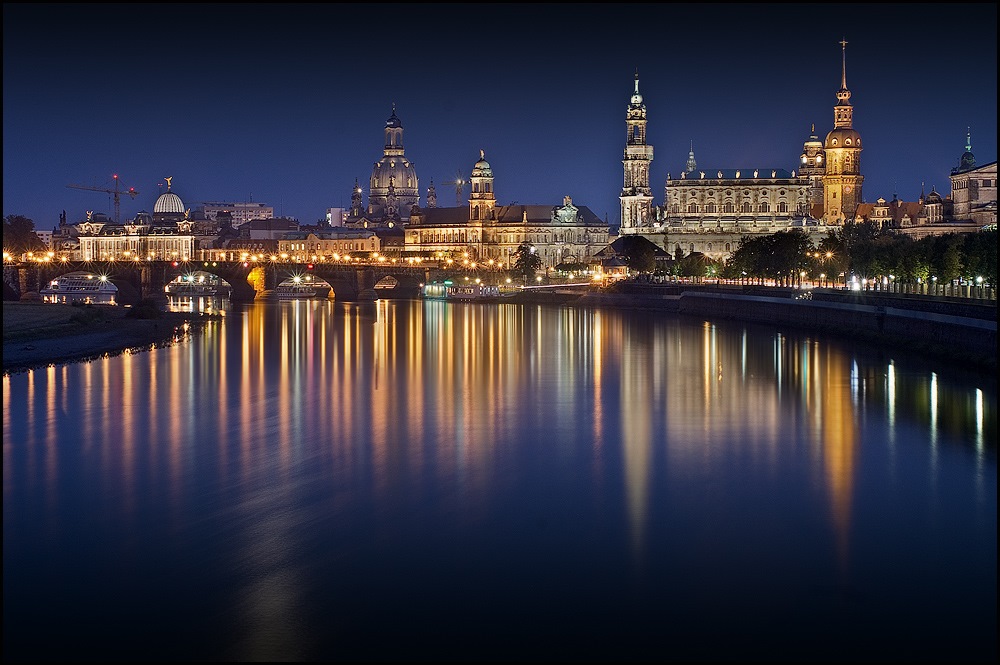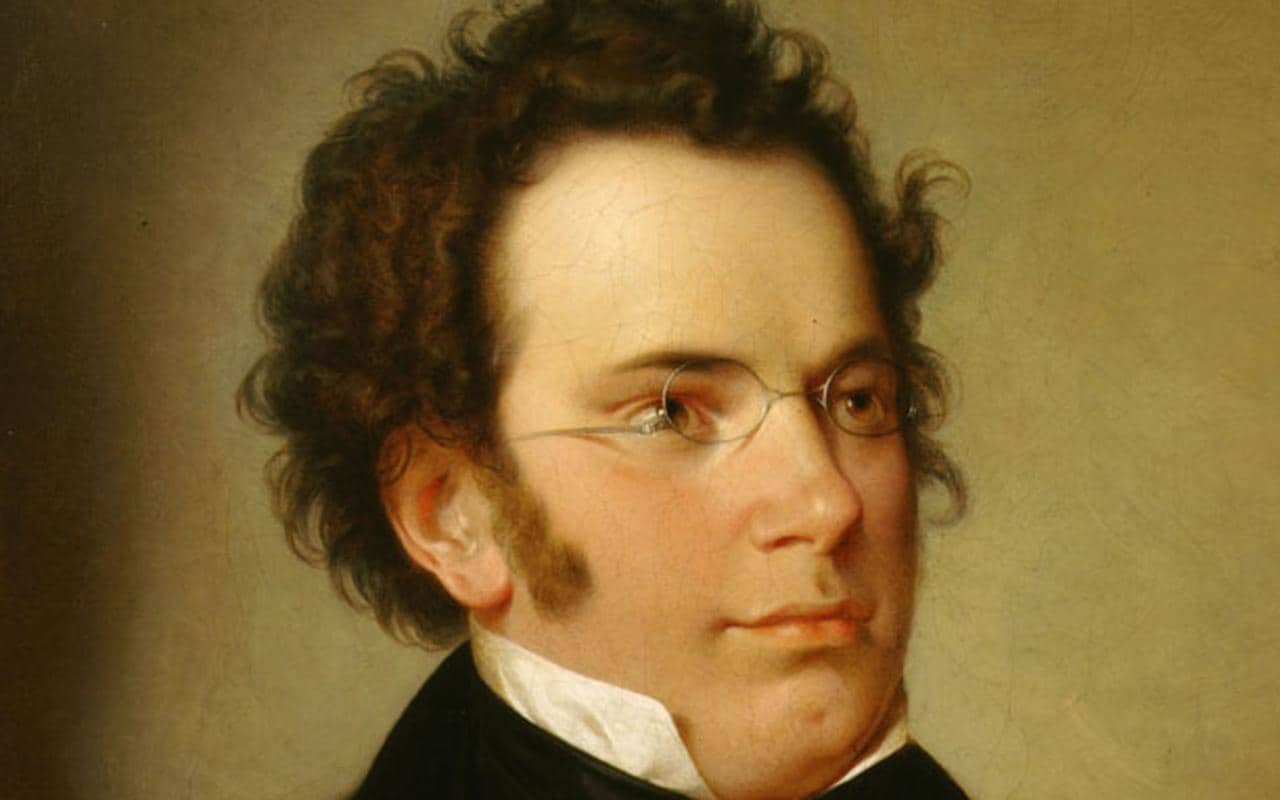Tchaikovsky’s Fateful Fourth Symphony
It begins with one of the most powerful, bold, and memorable statements in all of symphonic music. Tchaikovsky’s Symphony No. 4 in F minor opens with a blazing fanfare, first heard as a piercingly metallic proclamation in the horns and then augmented by trombones and soaring trumpets. Regarding this opening, Tchaikovsky wrote, The introduction is the seed of the whole Symphony: This is fate: that fateful force which prevents the impulse to happiness from attaining its goal, which …







